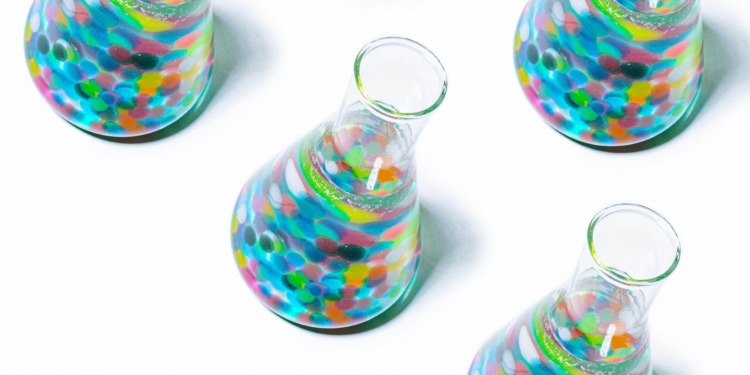As the internet now provides access to information that in the past would perhaps have been reserved for the scientific community, there seems to be a growing trend of biological self-experimentation outside of official laboratories.
This is largely known as “biohacking.”
What is Biohacking?
In truth, biohacking is somewhat of a spectrum. Many practices come under this umbrella term; it’s a health craze. But can it also be a health hazard?
There are of course many people simply just interested in relatively harmless wellness practices like taking supplements, drinking ginger shots and tracking circadian rhythms. Taking an interest in one’s health in this way by making small tweaks to micronutrient intake, for example, or adjusting daily routines, could possibly bring a range of health and wellbeing benefits.
Related Articles: Our World Is Changing Ever Faster: What This Means For Our Survival | 50,000 Years Later: Ancient ‘Zombie Viruses’ Resurface in Melting Arctic | The Apocalypse Is Just 90 Seconds Away, Says the Doomsday Clock
However, at the other end of the biohacking spectrum, is a form of DIY biology whereby individuals attempt to enhance themselves through self-experimentation at home. And like with anything in life, when taken to the extreme, could such experiments pose a heath risk?
Promoting experimentation with complex technologies (e.g., gene-editing) at home in an attempt to find cures, fix flaws, or substitute medications or therapies with homegrown treatments could stand to pose risks to human health.
Some are also even delving into plant gene-editing as well, raising concerns about the risks this could pose to the environment.
.@US_FDA warns public of dangers of #DIY #genetherapy https://t.co/XMC929IRXQ #biohacking pic.twitter.com/Oz3tlGcbas
— Nature Biotechnology (@NatureBiotech) February 6, 2018
Concerns
As research materials have become more accessible online these days, recent years have seen an growing trend in the more invasive biohacking practices.
If you think about following a scientific protocol the same way you would a recipe, how often do you accidentally or unknowingly mess up the ingredients or miss a step?
Well, adding a little bit too much salt into the mix is not the same as adding too much DNA into an assay; the consequences of the latter are unpredictable and could have negative impacts. Outside of official laboratories and without proper safety precautions self-experimentation could be dangerous.
Some officials have also expressed concerns about DIY gene therapy.
To make matters worse, there are also some scams emerging within the biohacking sphere, whereby biohacks that possibly have no or little effect are promoted either intentionally or unknowingly.
The path ahead
The green-juices-and-ginger-shots side of biohacking can encourage positive health habits and mindsets. However, as mentioned, the more invasive practices like DIY gene-editing could pose serious cause for concern.
What’s more, there could be a whole host of associated ethical, medical and environmental issues involved, so more regulation is potentially needed to provide guidance as to where the line is.
Seeking self-improvement is natural and can be beneficial, but like with anything, should not be taken to the extreme.
— —
Correction: This article has been updated to reflect new information that has come to light since its original publication. The first half of the article has been revised to include additional context and clarification. The changes include removal of all individuals mentioned in relation to biohacking. We apologize for any confusion or inconvenience this may have caused. Furthermore, the focus of the article has also been shifted solely onto potential health risks, and the title and subtitle have been adjusted to reflect these changes. All series and film references have also been removed.
Editor’s Note: The opinions expressed here by the authors are their own, not those of Impakter.com. — In the Featured Photo: Erlenmeyer flask containing coloured beads. Featured Photo Credit: Unsplash.










